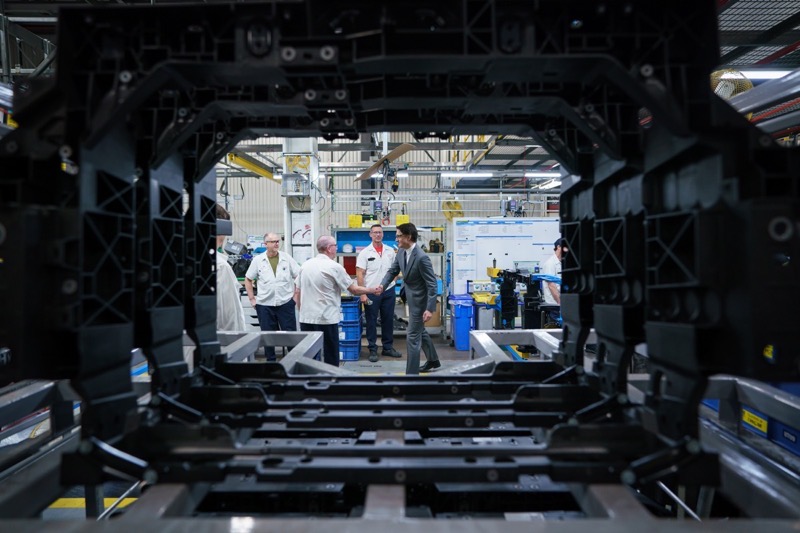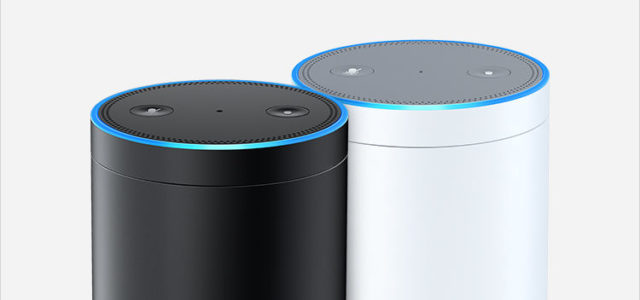
Amazon and Google Pressuring Smart Home Companies to Increase User Data Collection
Amazon and Google could be monitoring your innermost habits through your smart home gadgets.

According to a new report from Bloomberg, both companies are making inroads to increase data collection from devices connected to their respective smart speakers: Amazon’s Echo/Alexa and Google Home/Assistant.
For several years, both Amazon and Google have collected data every time someone used a smart speaker to turn on a light or lock a door. Now they’re asking smart-home gadget makers such as Logitech and Hunter Fan to send a continuous stream of information about their users.
Basically, after you connect a smart light fixture to Alexa, Amazon wants to know every time the light is turned on or off, regardless of whether you asked Alexa to toggle the switch, while televisions must report the channel they’re set to, and smart locks must keep the company apprised whether the front door bolt is engaged, for example.
All of this data combined and analyzed could give a disturbingly accurate picture of your entire life, and coupled with your phone, it won’t just be limited to your home.
“You can learn the behaviours of a household based on their patterns,” says Brad Russell, who tracks smart home products for researcher Parks Associates Inc. “One of the most foundational things is occupancy. There’s a lot they could do with that.”
Tech giants often justify this data collection by saying it improves the user experience, allowing the device to learn their preferences and make helpful suggestions accordingly.
Still, some dispute whether or not it’s necessary to collect mountains of data from users.
“Oversharing for the sake of oversharing is probably never a good thing,” says Ian Crowe, a senior director with Logitech. “We should have a good reason, and our users should agree it’s a good reason,” before sharing data.
People intuitively understand that by asking a voice assistant to control a device, they’re giving that company information about that action, explains Martin Plaehn, who runs Control4 Corp., a builder of smart-home management tools. “It’s less likely they know that linking a television to the system begins a process of transmitting updates when someone changes the channel or turns it on or off,” reads the report.
“There isn’t an implicit permission of, ‘Go ahead and take all my data whenever [something] changes,'” Plaehn says. “And we think that if the world really knew that was going on, it would create a real kerfuffle.”

